News
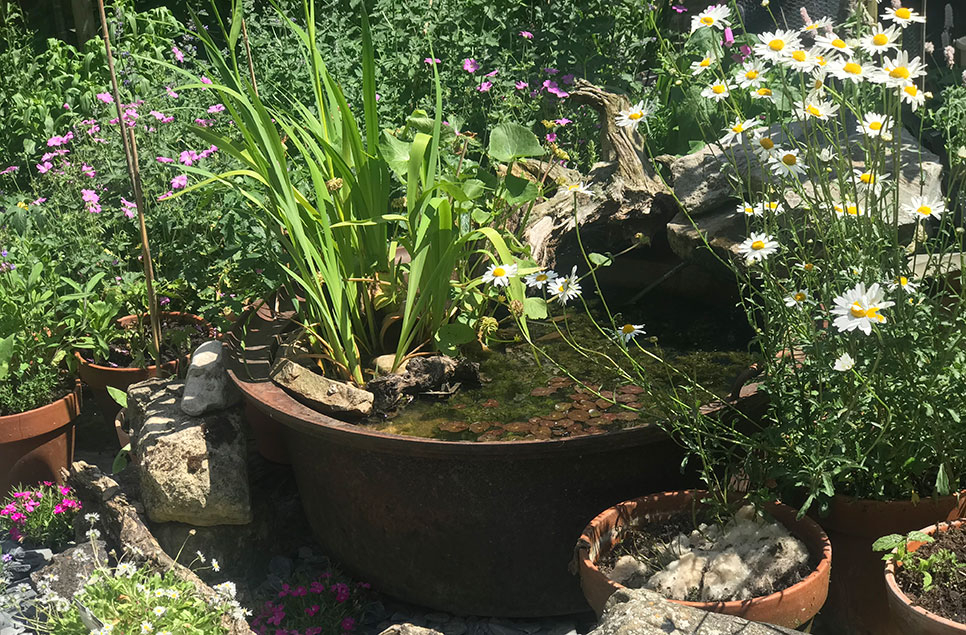
New partnership to champion garden wetlands
WWT and the National Garden Scheme has announced a new partnership aimed at promoting a wider understanding of the importance of wetlands in nature and in our gardens.
26 January 2022
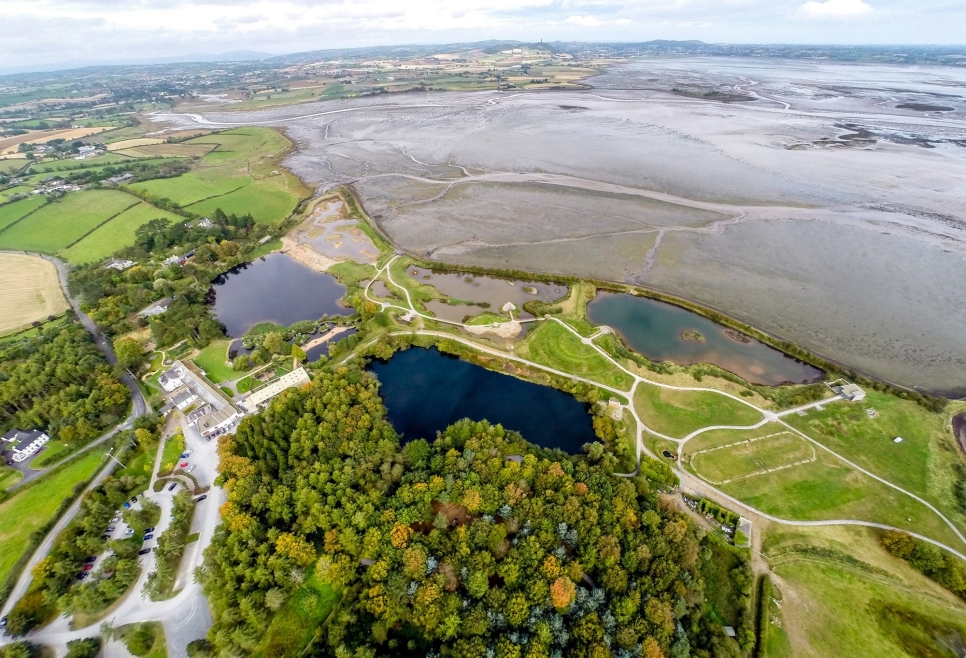
WWT Castle Espie to host BBC Two’s Winterwatch 2022
WWT Castle Espie Wetland Centre has been selected as one of three live locations across the UK to host BBC Two’s popular wildlife programme Winterwatch.
18 January 2022
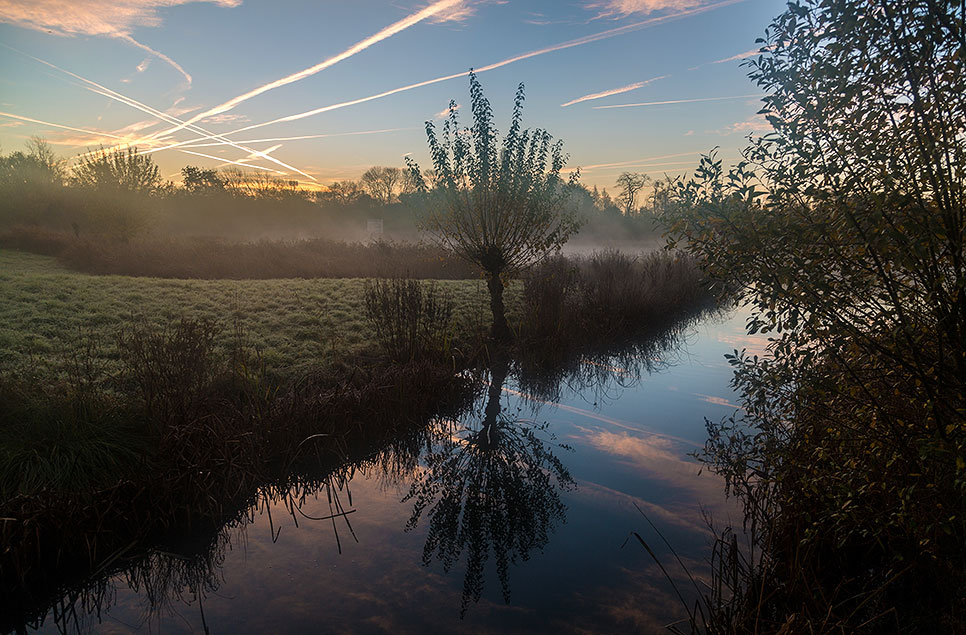
Parliamentary committee issues damning report on the quality of water in our rivers
A damning parliamentary report has highlighted the failure to monitor, regulate and invest in the cleanliness of our rivers – and called for change.
13 January 2022
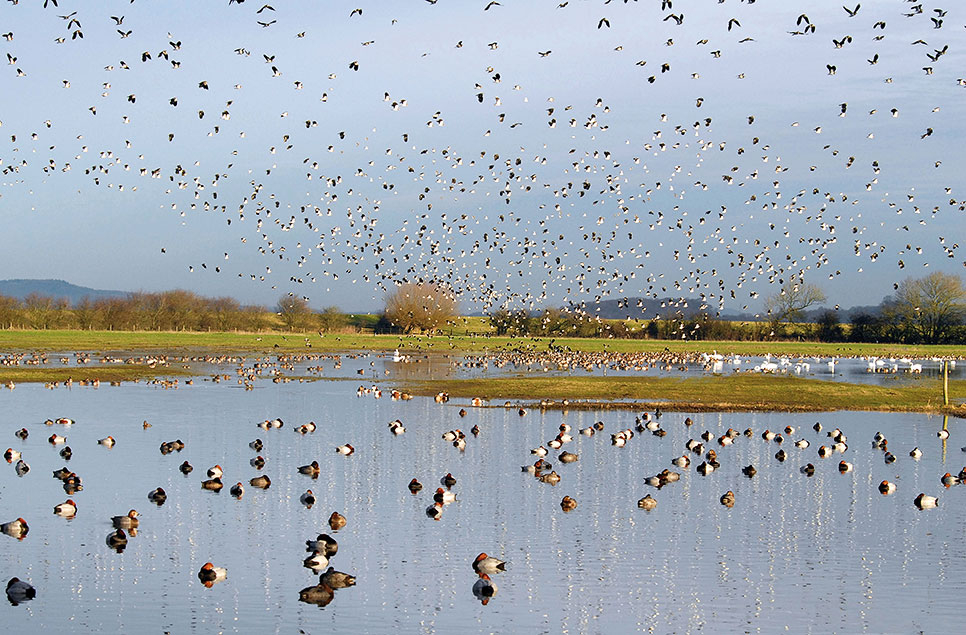
WWT sets out what is needed to effectively implement biodiversity net gain
The UK Government has today released a consultation on regulations needed to ensure all new developments achieve a 10% net gain in biodiversity, as set out in the Environment Act 2021.
11 January 2022
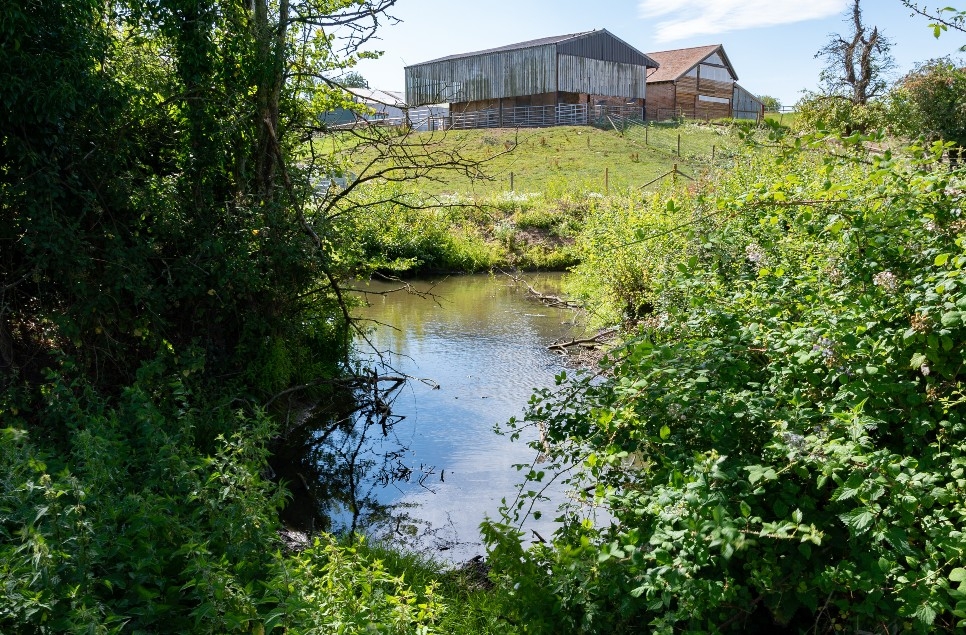
Farmland boost for wetlands welcomed by WWT
A new UK Government scheme to pay farmers to create and restore wetlands on their land has been welcomed by WWT as a “once in a generation” opportunity to help turn the tide on biodiversity loss and poor water quality.
6 January 2022
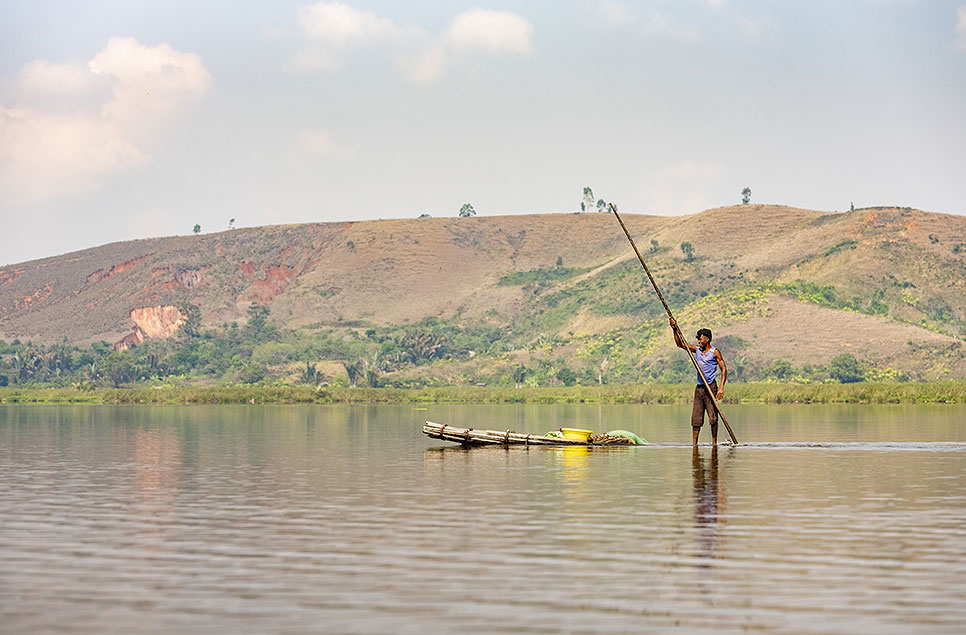
The State of Global Wetlands in 2021 – New Report
Earlier this week (15 December) as part of its 50th anniversary, the Ramsar Convention on Wetlands launched the 2021 Global Wetland Outlook Report.
16 December 2021
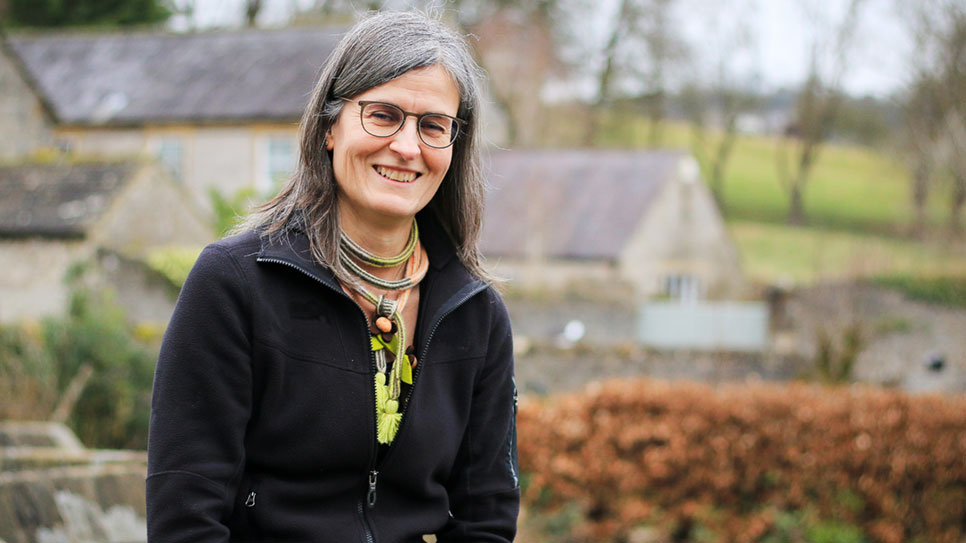
WWT appoints Sarah Fowler as new chief executive
We are delighted to announce that WWT has appointed Sarah Fowler as our new Chief Executive.
6 December 2021
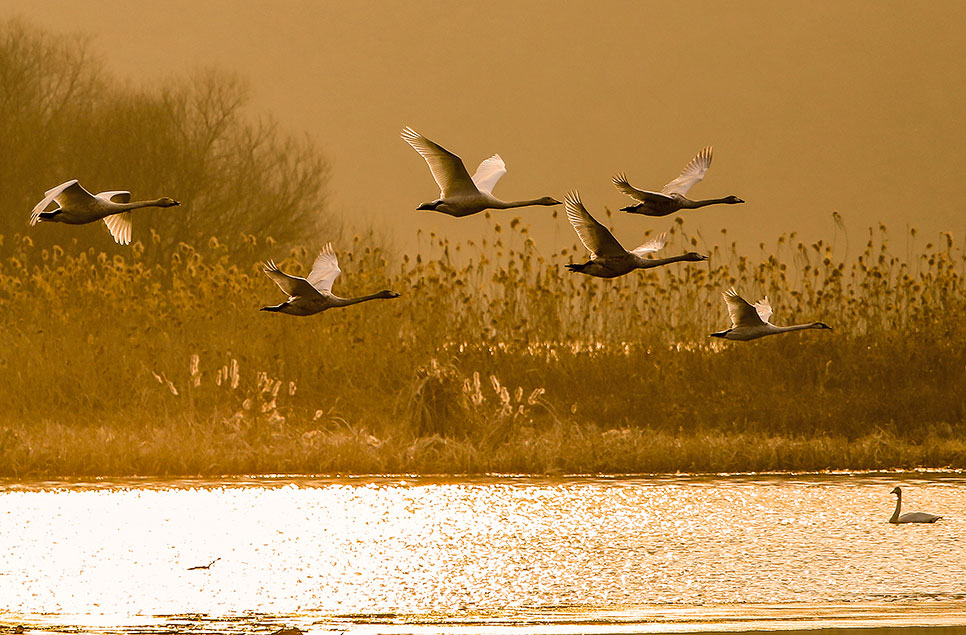
WWT chosen for The Times and The Sunday Times Christmas Appeal
The Wildfowl & Wetlands Trust (WWT) has been selected as a charity partner for The Times and The Sunday Times 2021 Christmas Appeal.
27 November 2021

What happens when COP26 stops?
WWT’s Director of Conservation, James Robinson, reflects on what has been achieved at COP26, and what still needs to be done.
12 November 2021
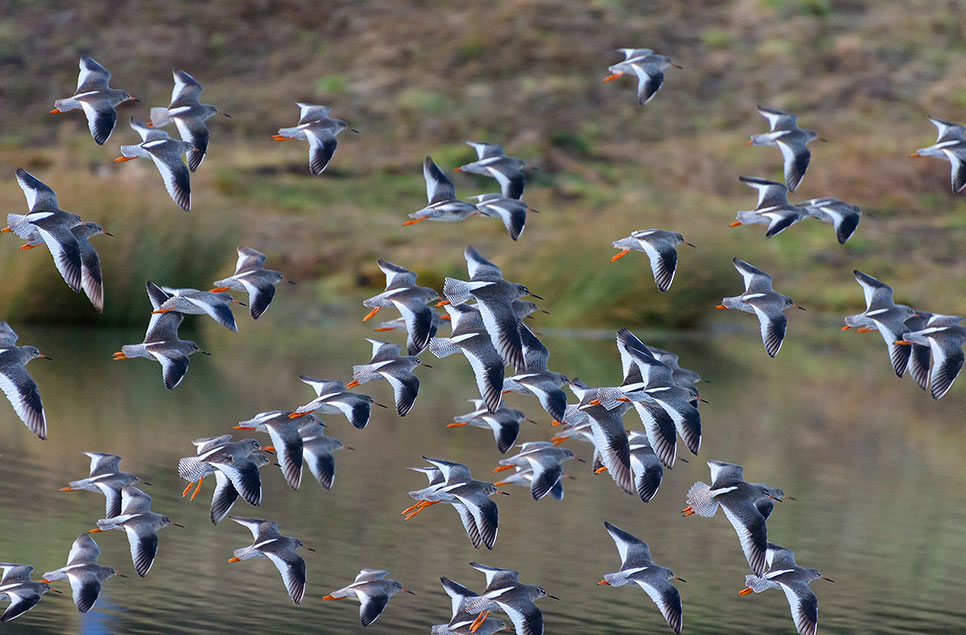
UK Environment Bill Becomes Law: WWT’s Viewpoint
After three years the Environment Bill becomes law.
10 November 2021
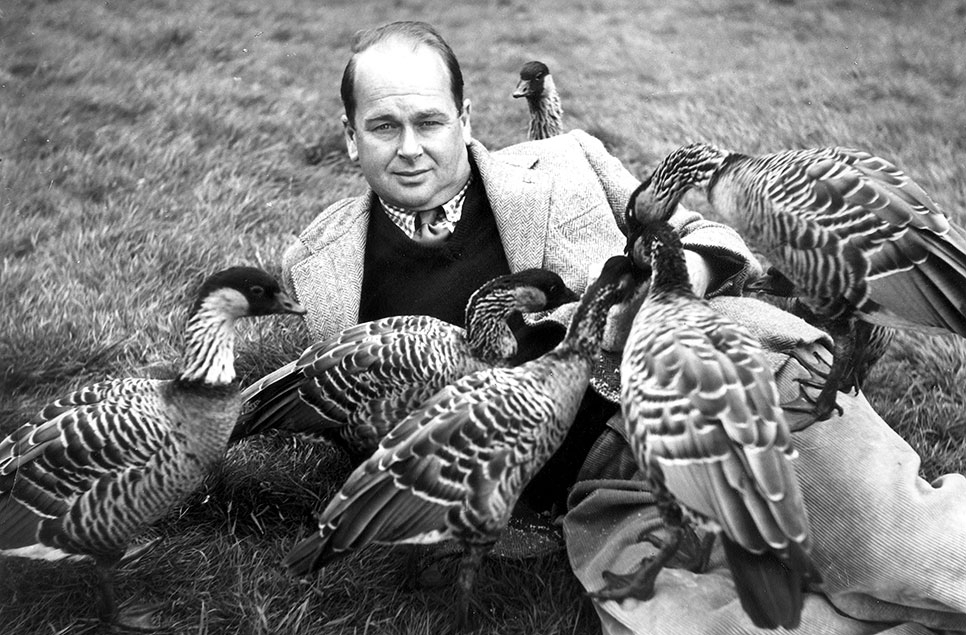
An incredible 75 year milestone for international wetland charity
From pulling birds back from extinction to creating wonderful new nature friendly habitats - the Wildfowl and Wetlands Trust (WWT) today celebrates 75 years.
10 November 2021
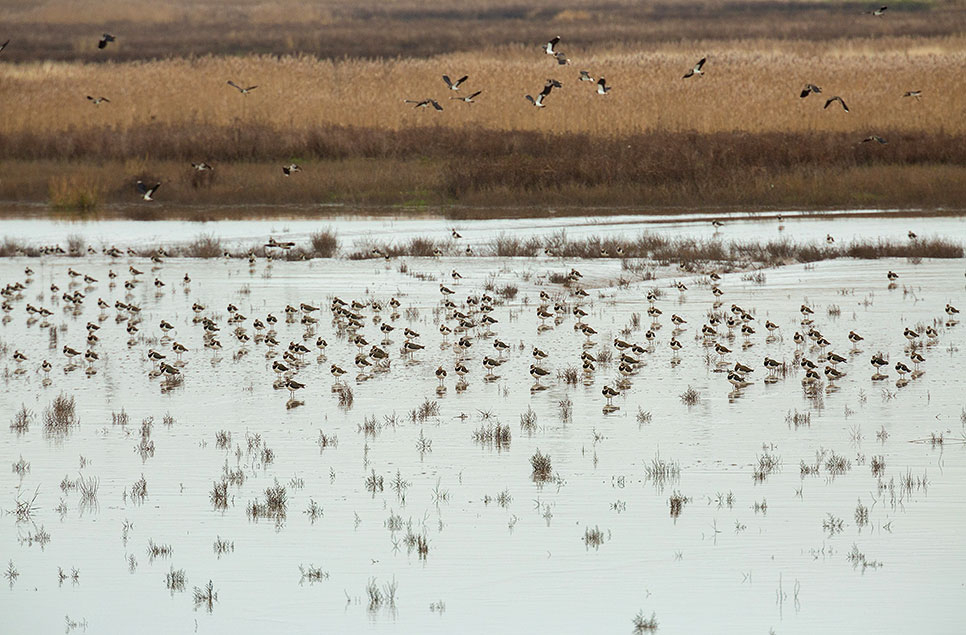
Recent government announcement at COP 26 on Blue Carbon needs to go further – action is needed now
On Friday 5 November at Cop 26 the UK government announced its intention to establish a new cross-Administration UK Blue Carbon Evidence Partnership to progress the evidence base on these habitats.
9 November 2021
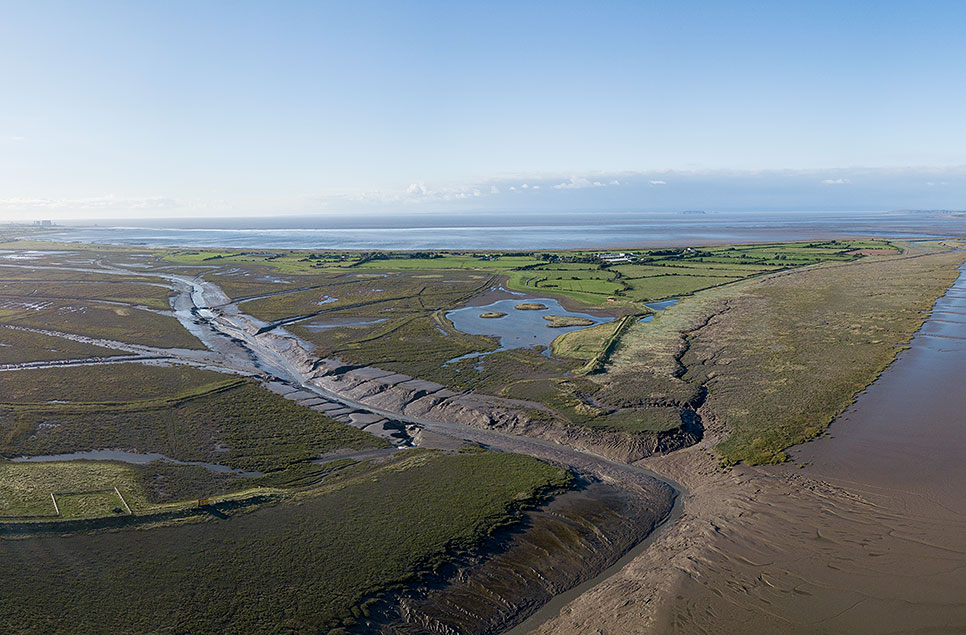
WWT heads to COP26
WWT will be at the upcoming United Nations climate conference, COP26, in Glasgow from next week (1st November), flying the flag for wetlands.
27 October 2021

Castle Espie to host BBC Two's Autumnwatch 2021
WWT Castle Espie Wetland Centre has been selected as one of three live locations across the UK to host BBC Two’s popular wildlife programme Autumnwatch. Following on from the huge success of BBC Springwatch earlier this year the watchers will again be
22 October 2021
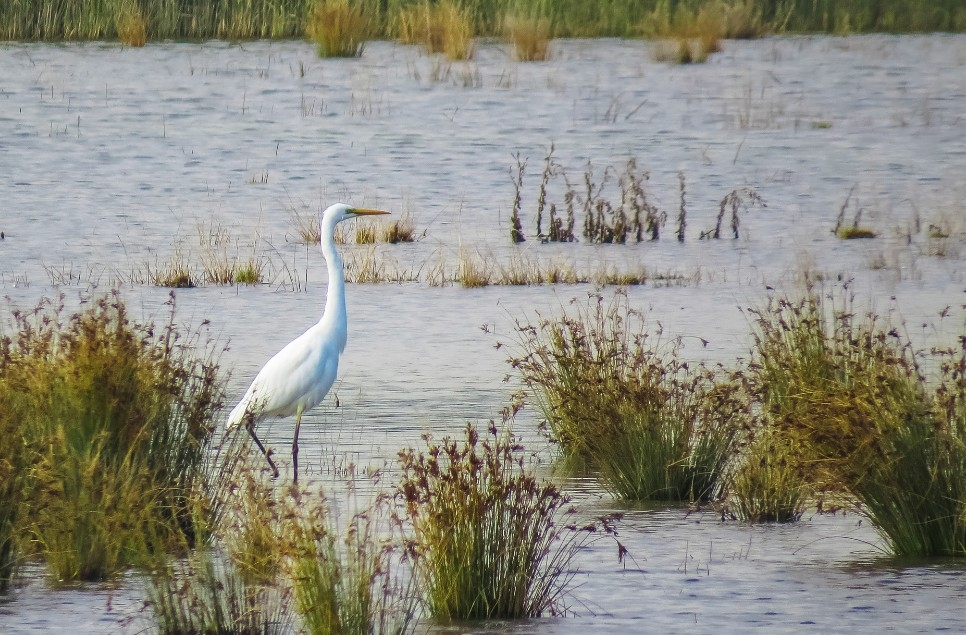
New study shows allowing the sea back in could help UK meet climate goals
Findings demonstrate restored coastal saltmarsh, created through re-connecting the land to the sea, stores more carbon, faster, than forests
21 October 2021